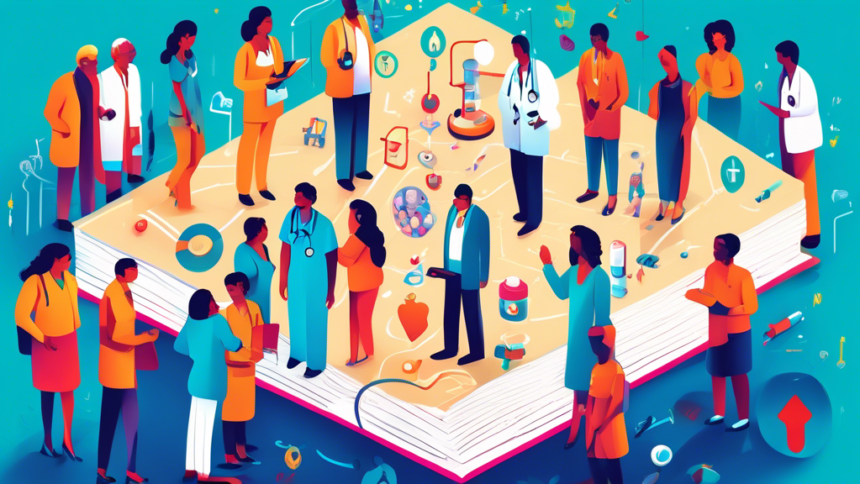Understanding Healthcare: Basics and Importance
Healthcare encompasses a broad spectrum of services and practices aimed at promoting, maintaining, or restoring health. It is a multidisciplinary field that combines science, technology, and human compassion, playing a critical role in every person’s life. Understanding the basics of healthcare and recognizing its importance can empower individuals to make informed decisions about their health and well-being.
What is Healthcare?
Healthcare refers to the diagnosis, treatment, and prevention of disease, illness, injury, and other physical and mental impairments in humans. It is delivered by health professionals and allied health fields, including physicians, nurses, dentists, pharmacists, and therapists. Healthcare services can be preventive, curative, rehabilitative, or palliative and are offered in various settings such as hospitals, clinics, community health centers, and private practices.
Types of Healthcare Systems
There are primarily three types of healthcare systems: public, private, and hybrid. Public healthcare is funded and operated by the government and aims to provide health services to all citizens at little or no cost. Private healthcare requires individuals to pay for their services directly or through health insurance. Hybrid systems incorporate elements of both public and private healthcare, offering a mix of services funded both by the government and private entities.
The Importance of Healthcare
Access to quality healthcare is fundamental to a healthy, functioning society. It helps prevent disease through vaccinations and regular health screenings, treats and manages illnesses and injuries, and provides care for those with chronic conditions or who are in the final stages of their lives. By addressing health disparities and providing universal coverage, healthcare systems can also contribute to social equality and economic stability by:
- Reducing the prevalence of infectious diseases
- Improving life expectancy
- Enhancing quality of life
- Decreasing healthcare costs in the long term
Challenges Facing Healthcare
The healthcare sector faces numerous challenges that vary from one country to another but generally include issues such as an aging population, rising costs, health equity, and access to care. The increasing demand for health services due to a growing and aging population puts a significant strain on healthcare systems worldwide. Furthermore, the gap between those who can afford high-quality healthcare and those who cannot is widening, raising concerns about health equity and access. Technological advancements, while beneficial, also contribute to the rising costs of healthcare.
The Future of Healthcare
As we look ahead, the future of healthcare is poised for significant transformation, driven by technological advancements, changing demographics, and evolving patient expectations. Telemedicine, artificial intelligence (AI) in diagnostics, personalized medicine, and mobile health apps are just a few innovations shaping the future of healthcare. With these advancements comes the promise of improved access, efficiency, and outcomes. However, for these benefits to be fully realized, healthcare systems must address current challenges and ensure these technologies are accessible to all, regardless of economic status.
Conclusion
The basic understanding of healthcare and its significance is crucial for everyone. Not only does it play a vital role in individual well-being, but it also has profound implications for societal stability and growth. By recognizing the importance of healthcare, individuals can make better-informed decisions regarding their own health and contribute to the overall health of their communities. The future of healthcare holds immense potential for improvement in quality and accessibility, promising a healthier tomorrow for individuals around the globe.






